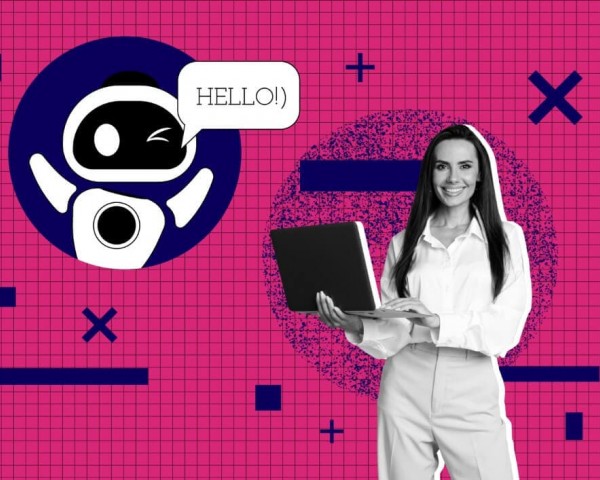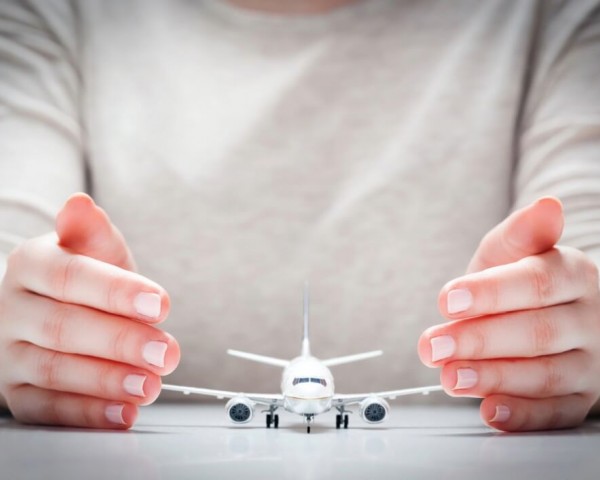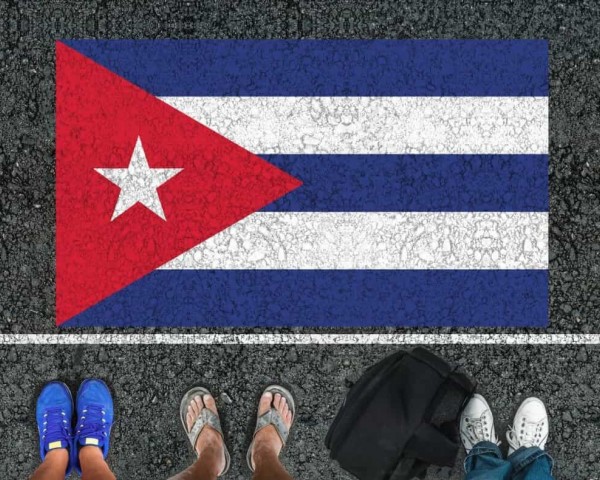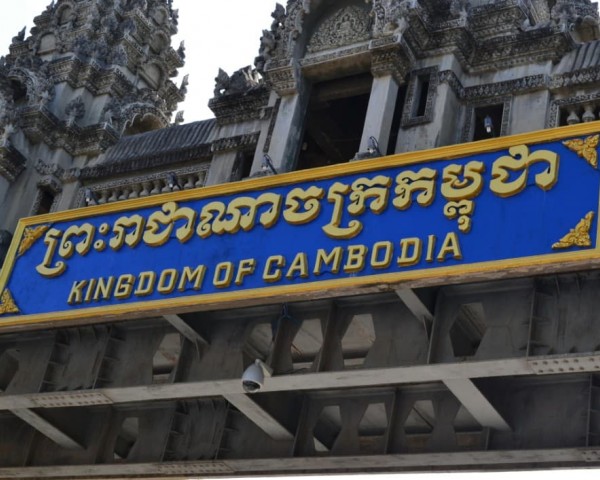The journey sector is seeing dramatic adjustments, largely because of synthetic intelligence (AI). AI is altering trip planning and promoting methods. We’re seeing the whole lot from AI-powered digital assistants that construct customized journey plans to digital influencers created by AI showcasing locations on social media. These improvements promise better effectivity and price reductions, however in addition they elevate questions on authenticity and the longer term position of people in tourism.
AI in Journey Planning
AI is making journey planning way more personalised. Massive platforms like Expedia and Reserving.com now have digital assistants – Romie and AI Journey Planner, respectively – designed to simplify creating journey itineraries. These instruments use person information to make tailor-made suggestions, addressing particular person preferences conventional search filters cannot all the time deal with. For instance, digital assistants can discover distinctive lodging like “heart-shaped beds” for romantic journeys.
The true benefit is AI’s potential to be taught from how individuals use it, refining solutions over time. Nonetheless, the funding agency Evercore suggests the expertise continues to be creating, and there is nonetheless room for enchancment in accuracy and performance. Conventional platforms nonetheless have a bonus because of their enormous databases of flights, resorts, and person opinions, enabling them to supply a extra complete service in comparison with what AI instruments can at present present.
Digital Journey Influencers
Alongside developments in journey planning, digital influencers generated by AI are additionally altering tourism advertising. Characters like Aitana, Ester, Nyah, and Emma—created, for instance, by the German Nationwide Vacationer Board—use instruments like Dall-E and Midjourney to look as actual individuals having fun with stunning locations on platforms like Instagram. These influencers supply manufacturers and tourism boards a less expensive different to human content material creators as a result of they take away journey bills and permit for steady content material creation with out logistical points.
The monetary advantages are apparent: digital influencers present a constant social media presence at a decrease price, making them a sexy choice for vacation spot advertising. But, their rising reputation brings up moral and authenticity points.
Authenticity and Moral Points
Regardless of their polished look, digital influencers have usually by no means visited the places they promote, which raises questions on how credible their suggestions are. For a lot of vacationers, authenticity is essential, and actual experiences shared by precise individuals are usually valued greater than content material created by AI. Critics argue that digital influencers, like Emma, might interact customers, however they usually lack the emotional depth and real experiences that actual human influencers carry.
This reliance on AI additionally raises issues about what this implies for human jobs in tourism. Whereas AI does supply effectivity, the emotional connection that vacationers search with locations—based mostly on real tales and interactions—is one thing that solely people can present. Discovering the correct stability between expertise that cuts prices and the irreplaceable worth of human engagement shall be essential in shaping the way forward for the trade.
What the Future Holds
AI’s integration into each journey planning and advertising is basically altering the tourism sector by delivering unprecedented personalization and making issues cheaper. Nonetheless, as digital assistants and influencers turn into extra widespread, the trade must take care of questions of authenticity and moral concerns. By combining what AI can do with the human contact that vacationers crave, the way forward for tourism can supply each innovation and really significant experiences, ensuring that expertise helps to reinforce, somewhat than take away from, the enjoyment of exploring the world.




